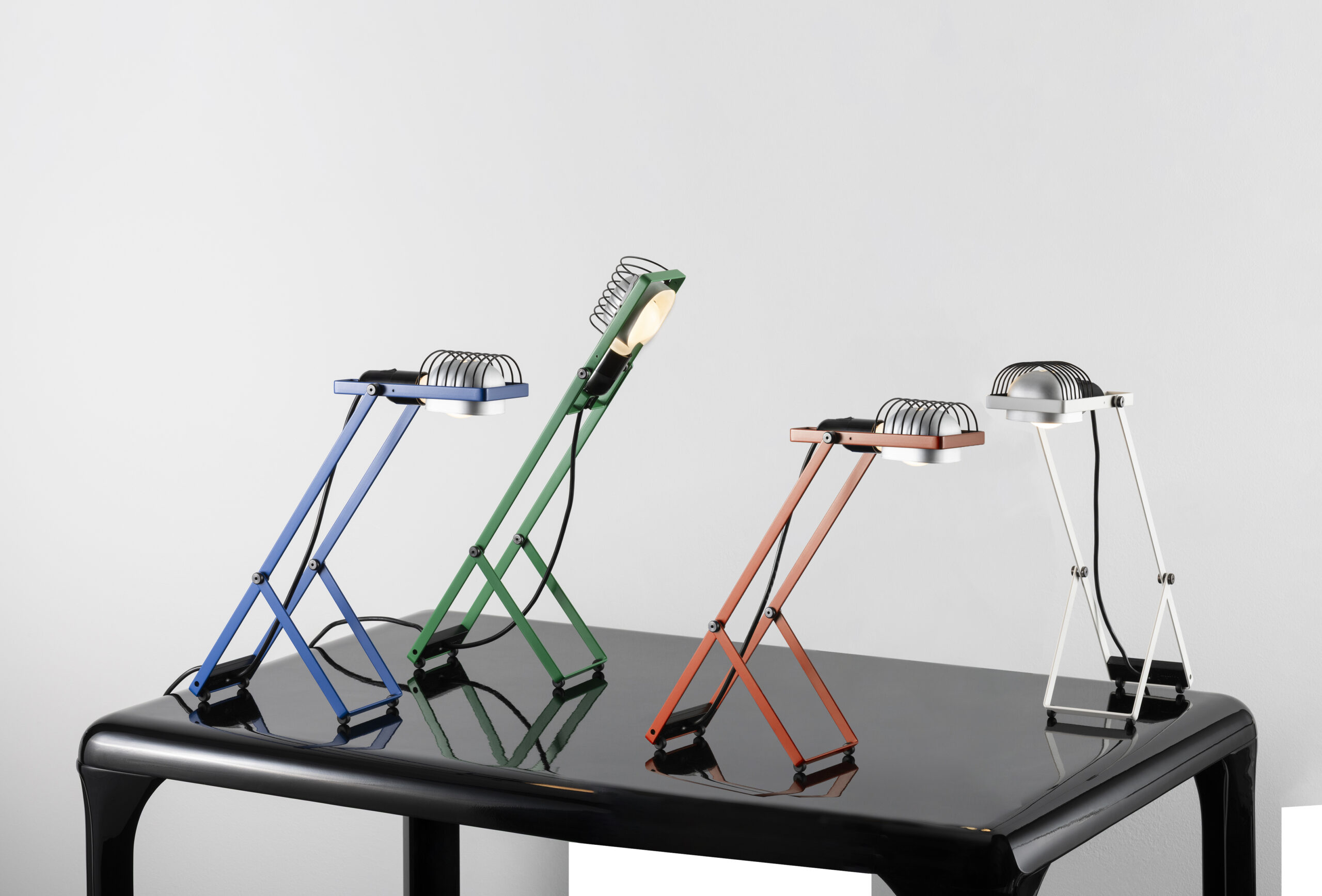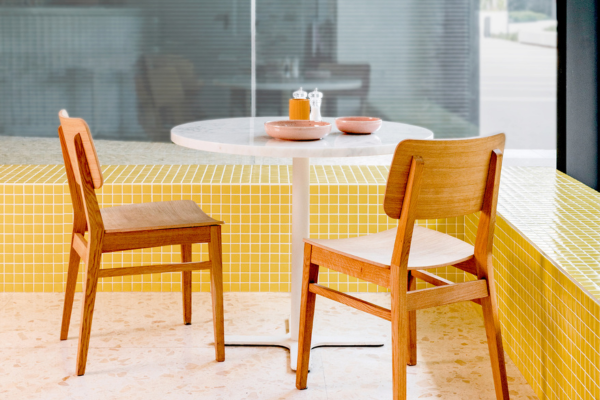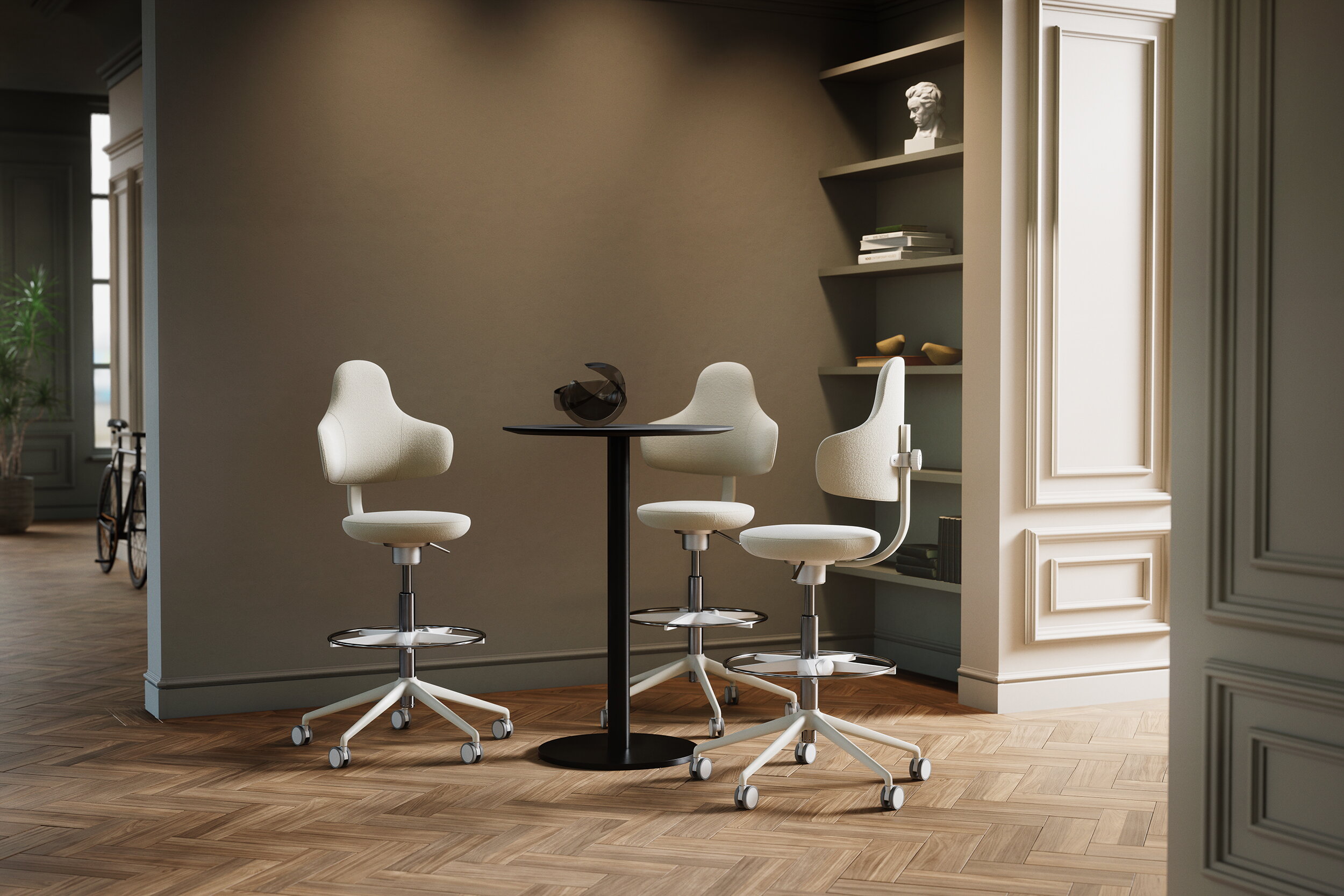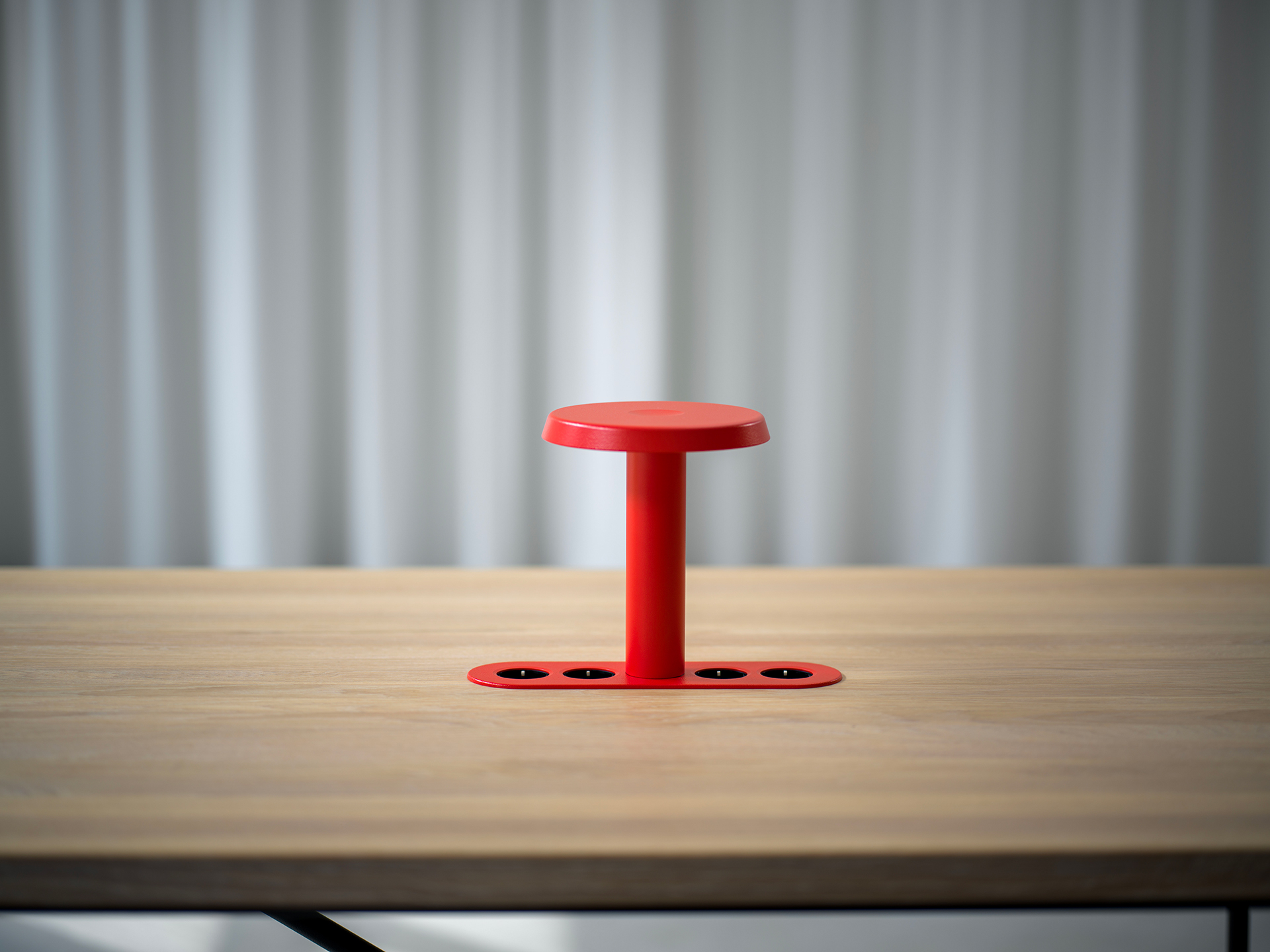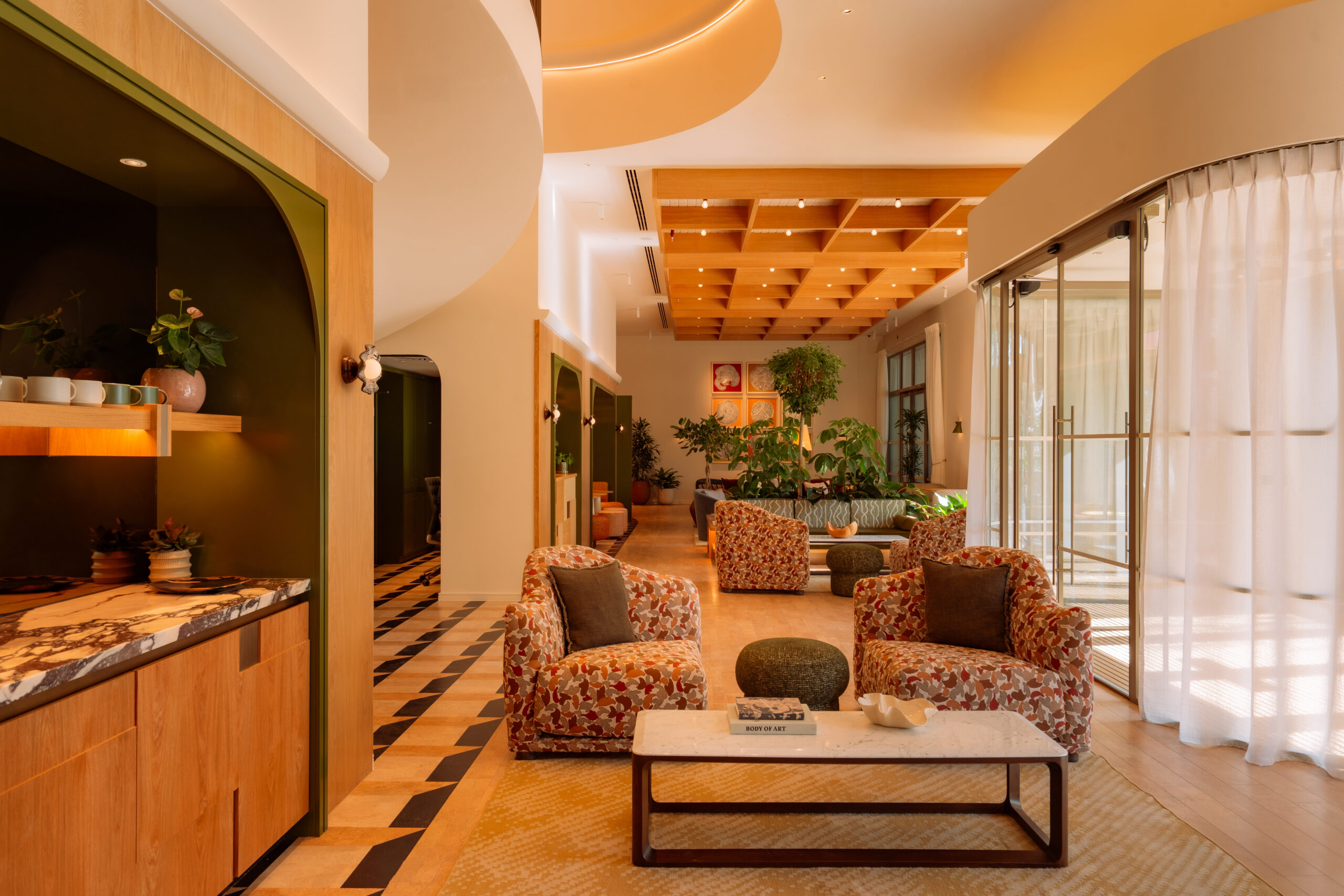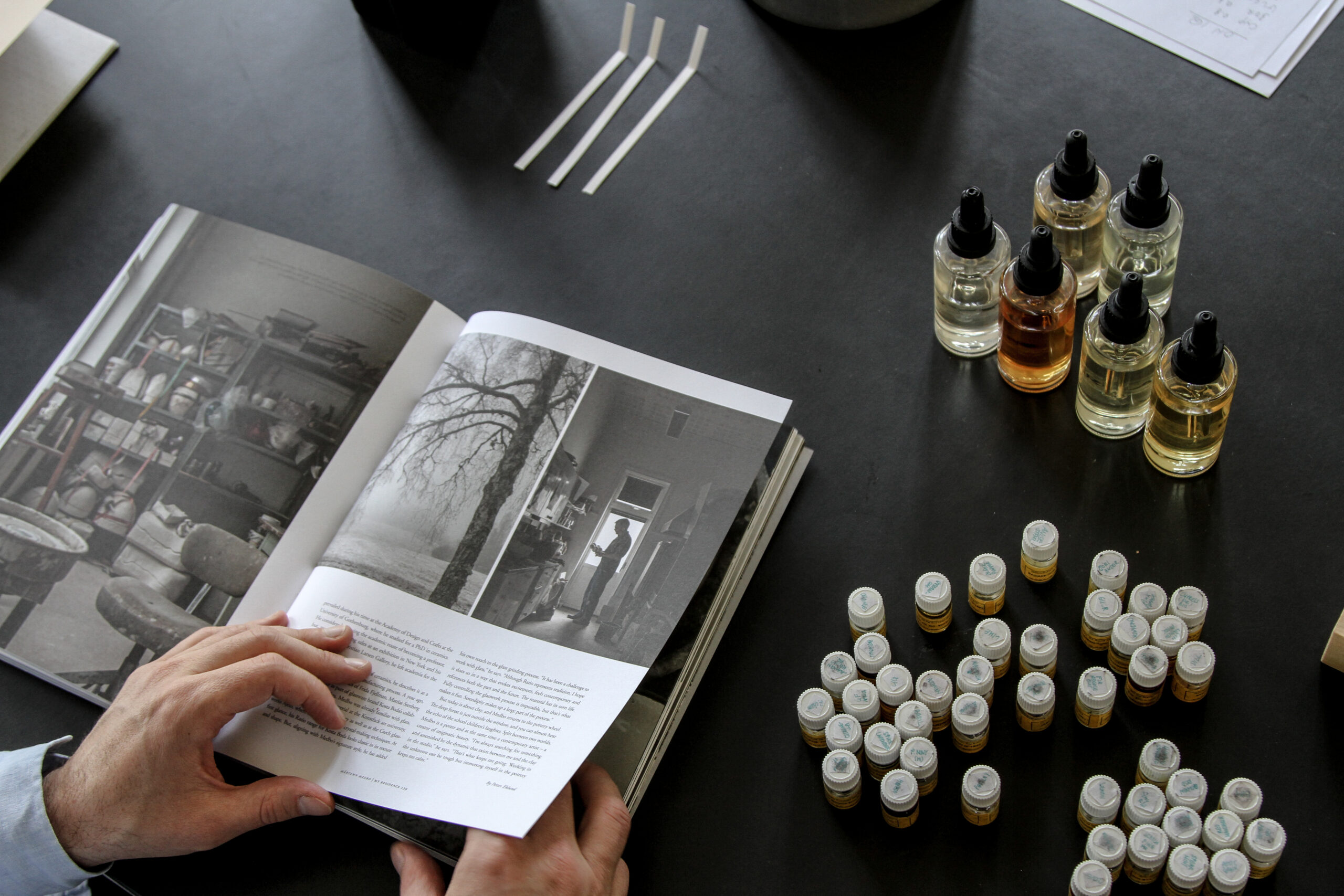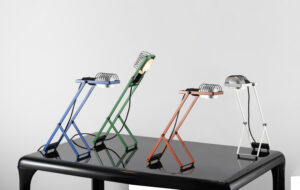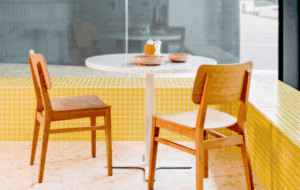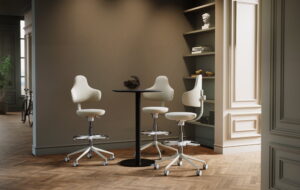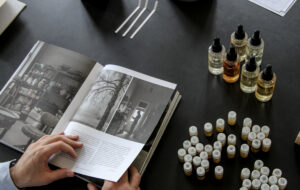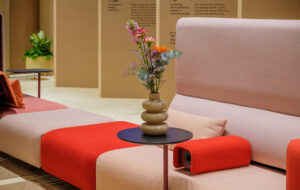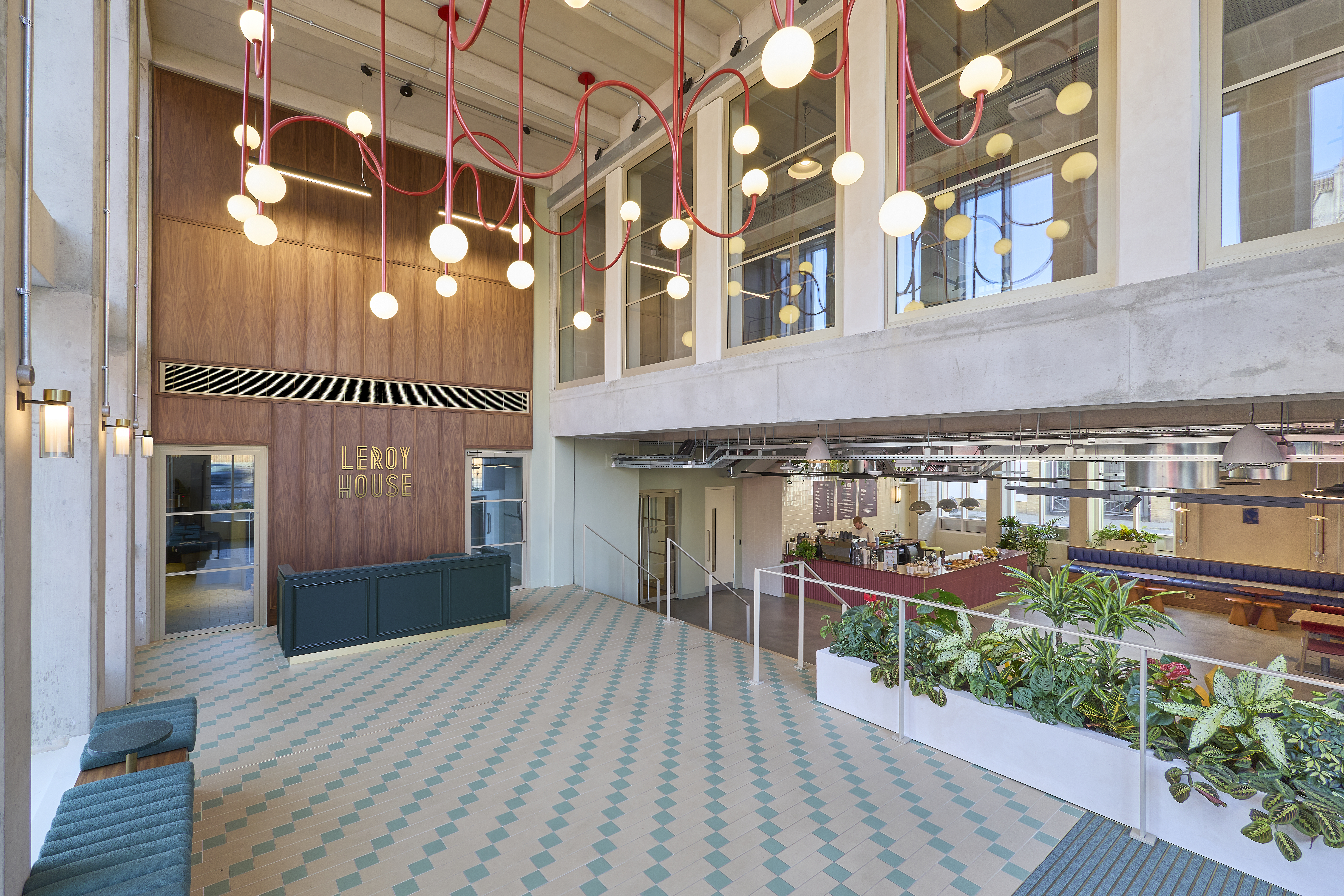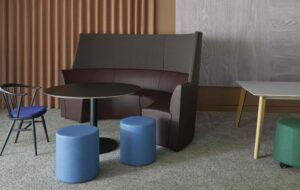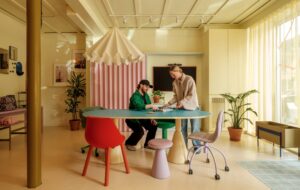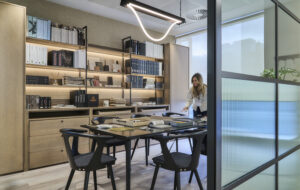
 Following on from our profiles of three young designers (page 68), onoffice canvassed academics’ and manufacturers’ opinions on how to take the step into the workplace sector…
Following on from our profiles of three young designers (page 68), onoffice canvassed academics’ and manufacturers’ opinions on how to take the step into the workplace sector…
Jonathan Hindle, group managing director, KI Europe, which this summer will sponsor Smart 3 along with the Worshipful Company of Furniture Makers – a collaboration between Buckinghamshire Chilterns University College students now in its third year
“I think there has been a massive improvement in the quality of the work. Students’ interpretation of the brief and their ability to problem-solve has got better every year, as they are trying to make the workplace better, addressing real issues that happen in the modern office. All of last year’s students found employment in the design world and KI has been working with some of them on a freelance basis. It shouldn’t be expected though that they produce work that manufacturers could pick up and run with immediately.
Dr Lynn Jones, course leader of Buckinghamshire Chilterns University College’s MA in Furniture Design and Technology
“It’s something we’re trying to address and of which we’re more conscious year on year. That’s why we devised the summer project sponsored by KI. Students are a lot more familiar with home and domestic furniture, but they are a still a little bit afraid of designing for the office as they see it as quite high tech. There’s a lot of work in the office furniture sector and students should be very able to design for that market.”
Gerry Logue, chief executive, Sagal, and chair of Furniture West Midlands, which promotes good design and fosters links between industry and education
“Manufacturers need to meet young designers half way and at the moment I think the industry is reluctant to do that. I set myself the task of proving they could be commercial and with Jarod Griffiths [of furniture design duo Gee-d] we worked on prototyping, the manufacturing process, marketing and all the things that make sure a product is profitable. When they come out, young designers need to have been trained in how to do that and I don’t think universities are capable of it. I think we’ve lost a lot of the craft skills we had with the old apprenticeship system and we need to recreate something similar by knowledge-sharing with schools.”
Brian Murray, managing director, Boss Design, which in 2004 worked with London Metropolitan University’s Furniture Works initiative on the Boss Design Mentoring Award to recognise young talent
“The academic idea of design is very different to the commercial reality of design. The only ‘good’ design is one that sells and there are lots of designs out there that don’t sell. I like working with young designers but their temptation is to shock an audience, and we have to take their design and adapt it. You need to have the sizzle products, which attract architects and designers, but they don’t make up the bulk of your sales. With design, not a lot of it has to do with talent; it’s about hard work to push to get your products into manufacturing.”

